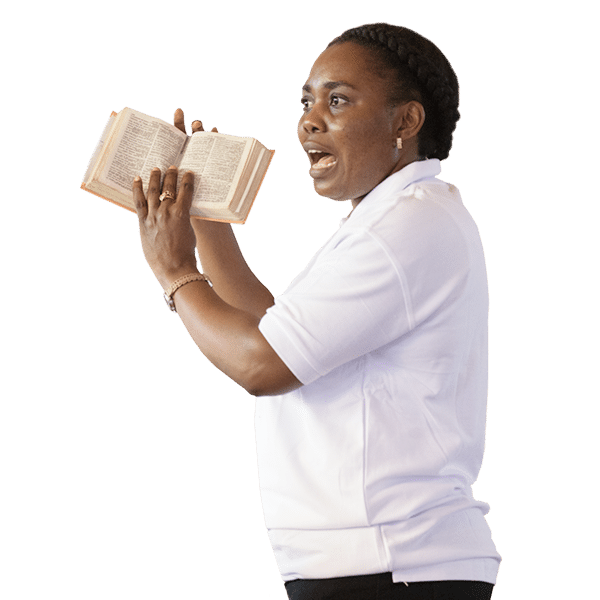Planned Giving
Leave a legacy of hope and healing through a planned or estate gift.
Support an Advance Project or MissionaryFind a missionary or project that matches your passion and interest.
Special Sunday Offerings
[Body lorem ipsum dolor sit amet, consectetur adipiscing elit nunc vulputate libero.]
Looking for another way to give? View all ways to give
